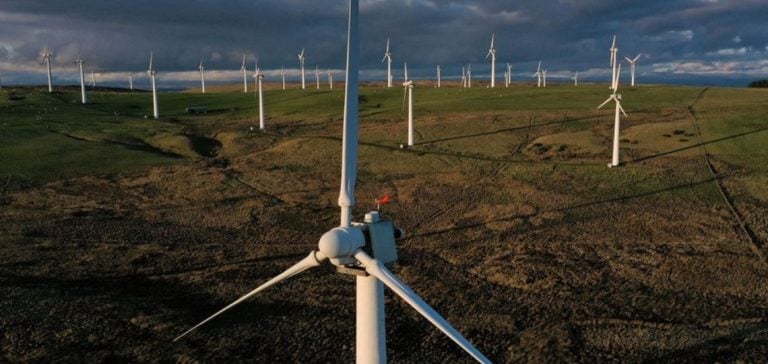The UK announces the launch of a new initiative, the Global Clean Power Alliance, aimed at helping countries move away from fossil fuels and towards renewable energy systems.
The initiative, presented by Foreign Secretary David Lammy, is part of a series of recent efforts by the UK to strengthen its leadership role in climate diplomacy.
Lammy stresses that action against the climate and nature crisis will be at the heart of the Foreign Office’s activities, given the scale of the threat and the opportunities it presents.
The alliance focuses on accelerating the clean energy transition, with an emphasis on helping emerging economies and developing countries step up their investment in renewable energy.
The UK government has set an ambitious target for the total decarbonization of its electricity system by 2030.
However, many analysts believe that this target is unlikely to be met without significant contributions from technologies such as carbon capture, new nuclear power and clean hydrogen.
Decarbonization targets and challenges
The UK is also aiming for a 78% reduction in greenhouse gas emissions by 2035 compared to 1990 levels, with a target of achieving carbon neutrality by 2050.
In 2022, the UK’s greenhouse gas emissions fell by 5.4%, largely due to a fall in gas demand for power generation, exacerbated by high energy prices.
This dynamic underlines the need for a rapid and effective transition to renewable energy sources to meet decarbonization targets.
David Lammy also spoke of the importance of climate financing in the run-up to the 29th United Nations Climate Change Conference in Baku.
He said,
“We need to unlock global finance on a much larger scale to support ambitious plans for those moving away from fossil fuels.”
The statement highlights the urgent need for a global climate finance framework, known as the New Collective Quantified Goal on Climate Finance, which will be one of the key items on the COP29 agenda.
Climate financing at the heart of discussions
The lack of progress on climate financing over the years has fuelled mistrust between developed and developing countries.
Analysts at S&P Global Commodity Insights note that COP29 will be a defining moment for climate finance, as parties will be called upon to define a new collective target for mitigation and adaptation.
This target will need to address the challenges associated with existing commitments, and effectively reflect the needs of developing countries to support increased ambition.
The establishment of a robust climate finance framework is essential to ensure that developing countries can access the resources they need to achieve their energy transition.
Discussions at COP29 should also address innovative financing mechanisms and public-private partnerships that could facilitate access to capital for renewable energy projects.
Future prospects
As the UK strives to position itself as a leader in the global energy transition, the challenges remain numerous.
The need for greater international cooperation and substantial financial commitment is more pressing than ever.
Developing countries, often the most vulnerable to the impacts of climate change, require greater support to implement sustainable solutions.
Initiatives such as the Global Clean Power Alliance could play a crucial role in facilitating this transition, but their success will depend on the ability of nations to work together and overcome financial obstacles.
Current energy market dynamics, marked by price fluctuations and geopolitical uncertainties, underline the importance of a collaborative approach to achieving global decarbonization goals.






















